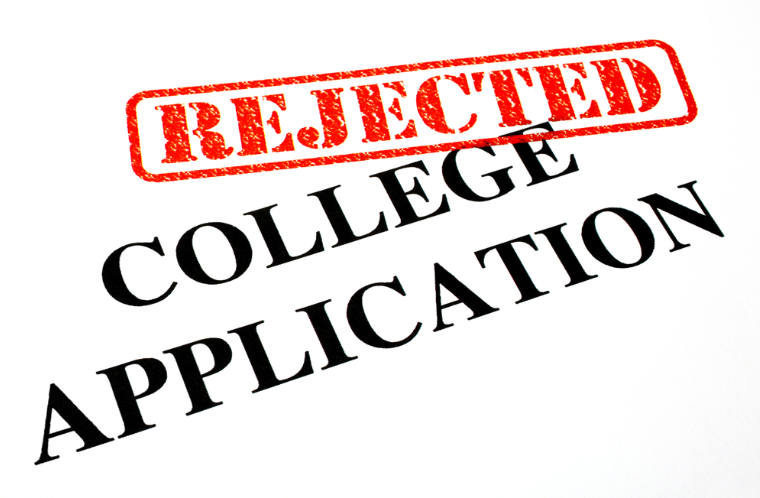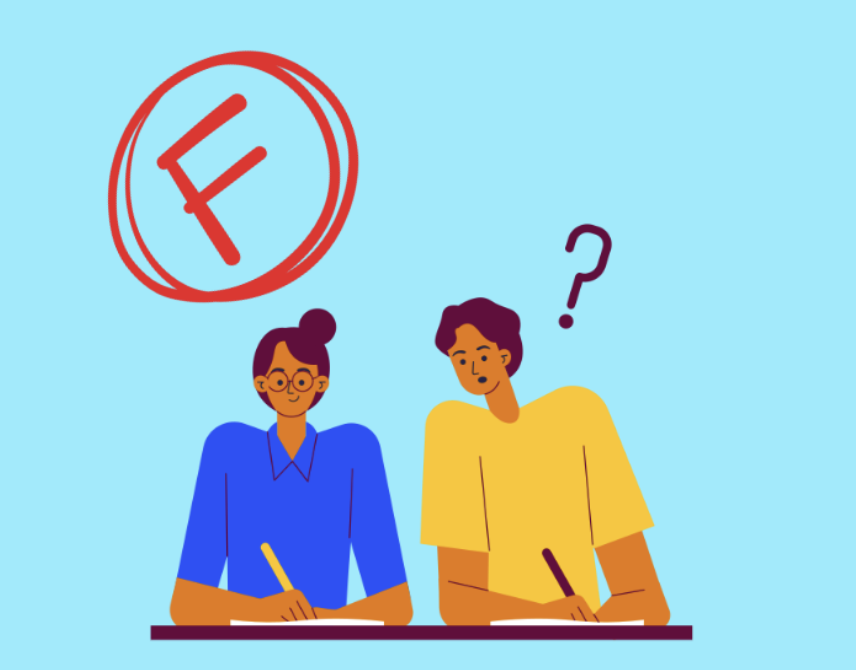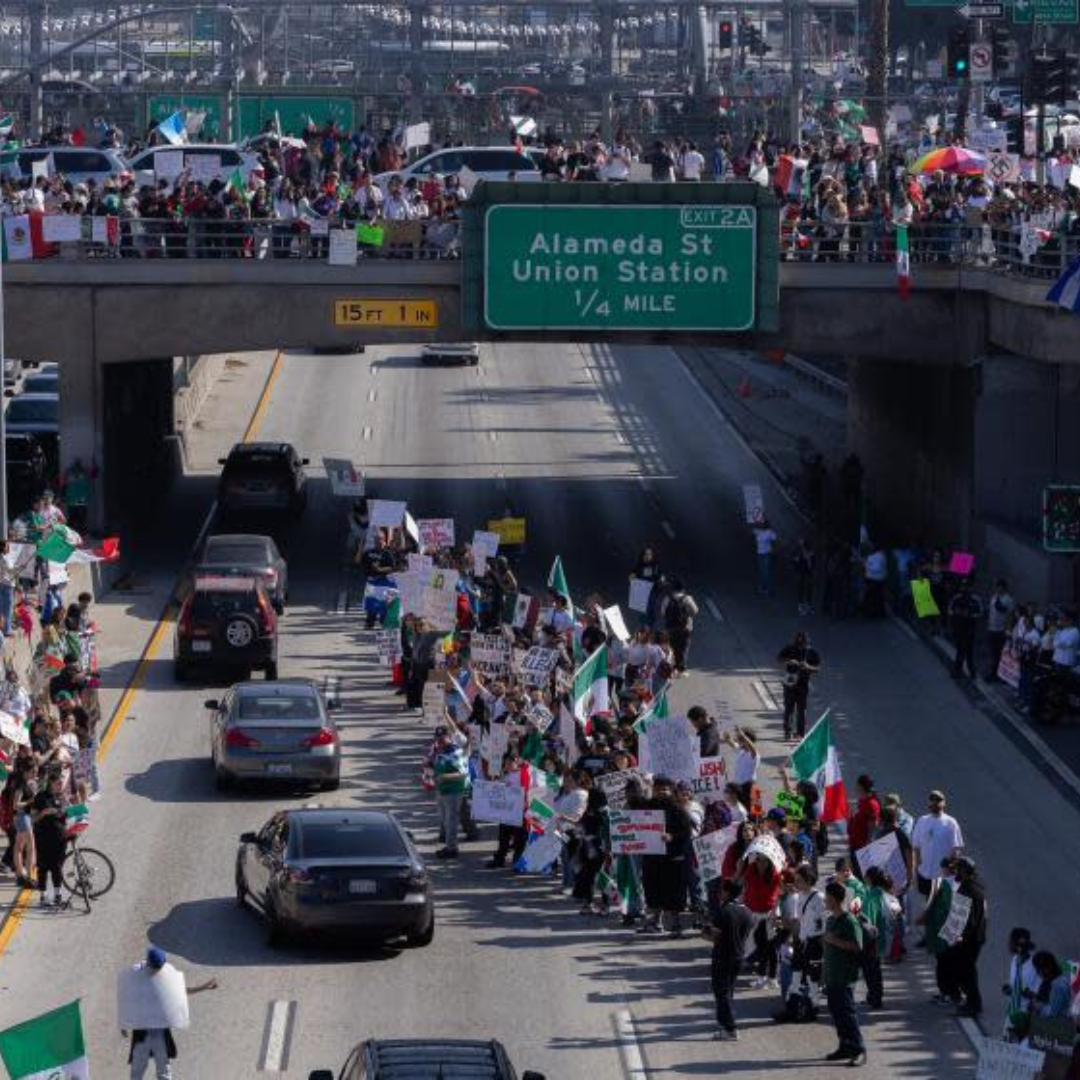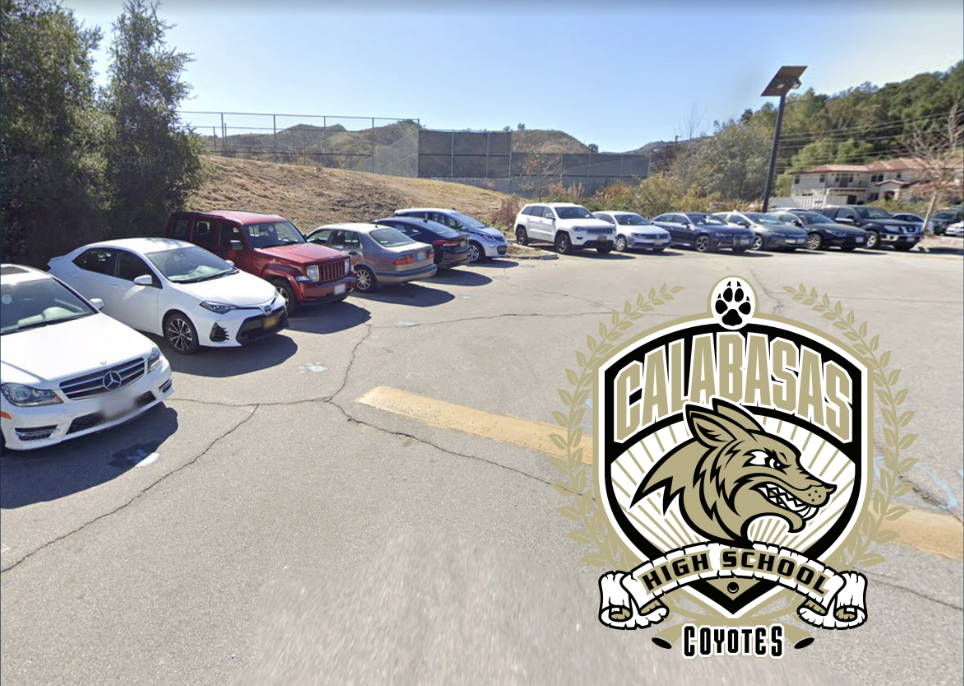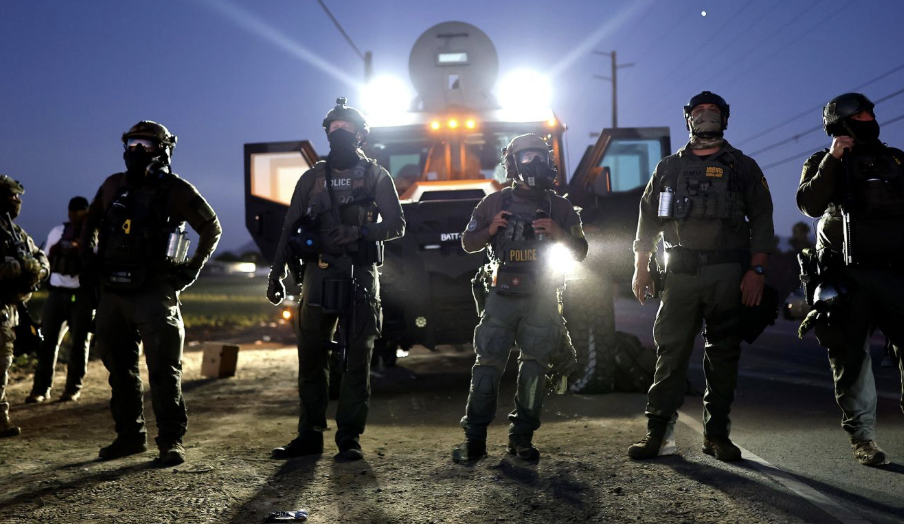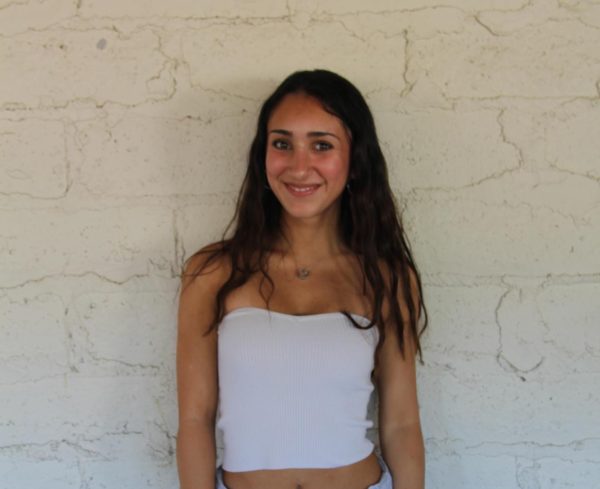Over the past few months, the class of 2024 has been preparing for every high school senior’s biggest concern: college acceptance. Early decisions have already started to get returned, creating mixed emotions for everyone. Naturally, applicants wonder what makes the perfect college candidate. Is a student with a 3.6 GPA more likely to get into a top school than someone with a 4.3 GPA if they have better essays or test scores? Does the high school a student attends matter? All of these questions lead to a singular dilemma; do these factors give certain applicants leverage over others?
Certain factors unquestionably make the decision process unfair. There are many instances of students with lower GPAs coming from wealthier schools and families being selected for top universities, over kids who are less fortunate and are better-rounded students. Admission officers for certain private universities in California have even been reported saying that they admitted students who have alumni families that did not meet their standard requirements. USC was also involved in a massive scandal as they were granting admission to unqualified students who did not meet admission requirements. Two of these students admitted did not even submit high school graduation records. A study researching some of the most selective universities found that students applying with legacy were “three times more likely” to be admitted over more qualified non-legacy applicants.
This has also created a debate about whether students are getting into colleges based on legacy and nepotism. Universities take family graduates and donors very seriously, leading to, more often than not, their children having automatic admission. A relationship with former alumni is truly enough to get you accepted and give you leverage over other applicants. This can create a feeling of defeat for the more hardworking students who keep straight A’s all four years when their less diligent competition get acceptance letters instead of them.
There is also evidence that college admission counselors have a bias when it comes to admitting kids who come from private schools. Many private schools are tremendous backers and sponsors of top universities, stopping at nothing to get their students to a good college. Private schools such as the Trinity School in New York have a “40% admission rate to Ivy League schools” and the Los Angeles private school, Harvard Westlake, is “at 30%, making them have higher rates than public schools.” These schools have even been reported to have their teachers personally discuss with students how to improve their grades.
This leaves no room for competition for public school students, as in some cases their familes could not afford to send their kids to elite high schools. This forces their students to work harder on their academics alone even though in many cases high grades and extracurriculars are still not good enough for many universities who would rather take an average private school student instead. Universities love that they have promotions from private high schools, leading to a bias in acceptance over public school students.
College admissions clearly hold bias towards students who are family legacies and who come from wealthy private schools. This makes the admissions process unfair for students who actually worked hard to get where they are, despite not having certain advantages in the eyes of college admission boards. Colleges must change these biases in their acceptances to ensure a better and more just environment for their students.


